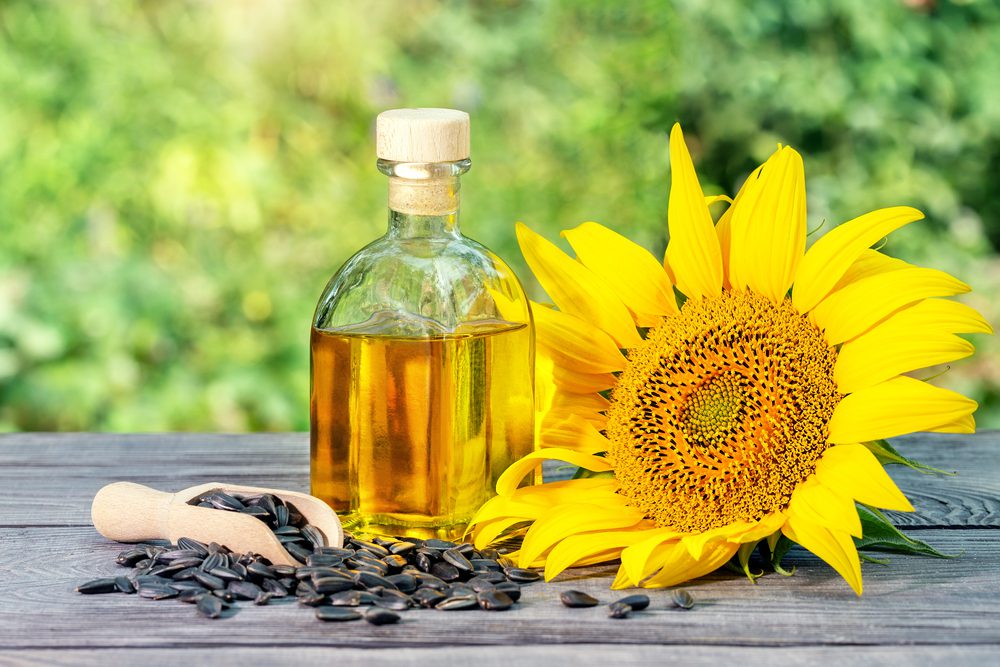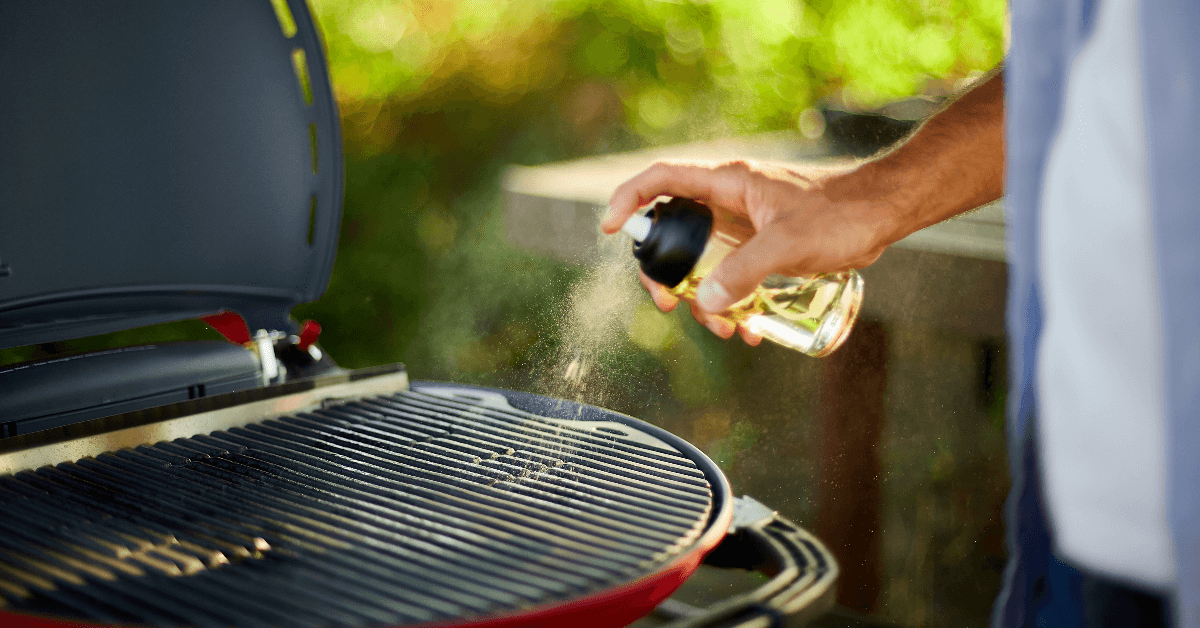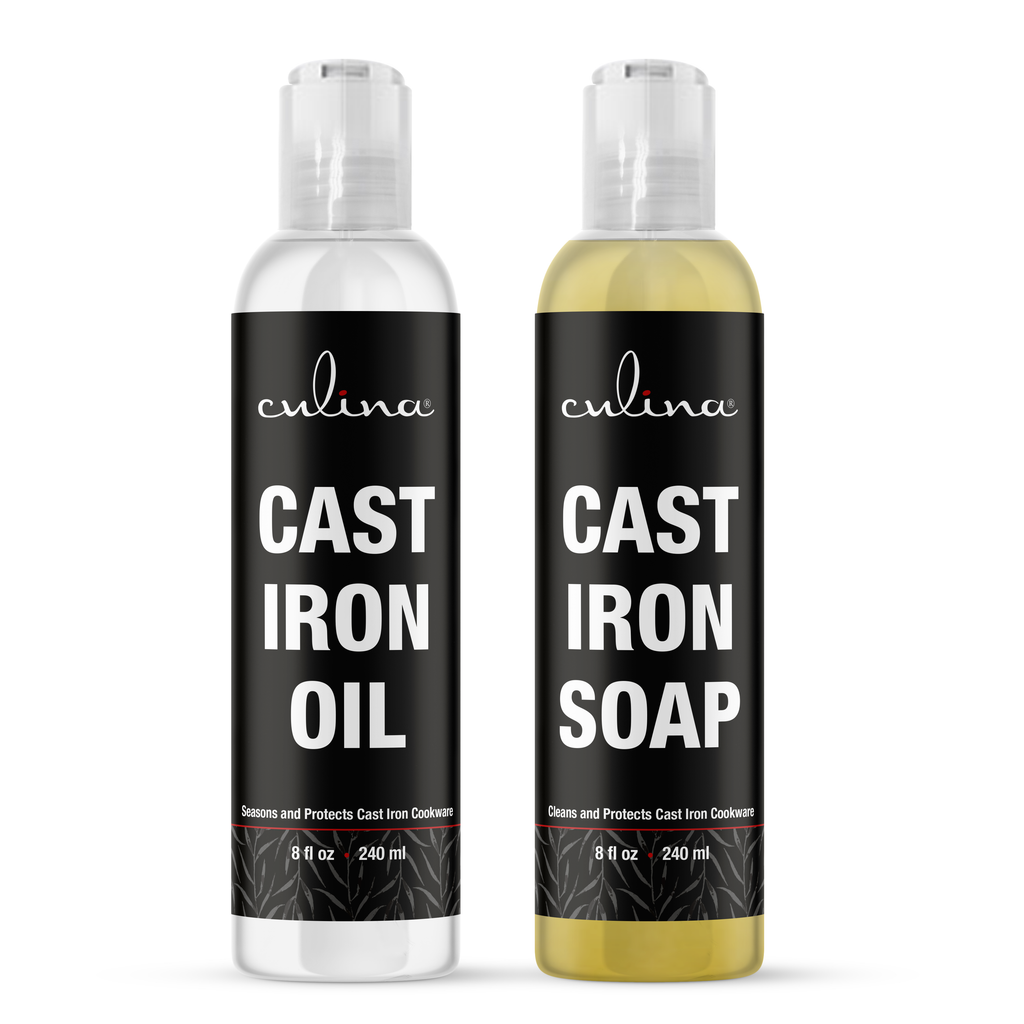What is the Worst Oil to Cook With and Why You Should Avoid It?
When it comes to cooking, the type of oil you use can have significant effects on both your health and the flavor profiles of your dishes. Many don't realize that **some oils can be detrimental** when heated. This article caters specifically to beauticians, who often emphasize the importance of a healthy diet and its relation to skin health, hair vitality, and overall wellness. So, **what is the worst oil to cook with**? Let's delve into this inquiry to help you make informed choices.
The culinary world is vast, with varying oil options available. However, it becomes imperative to discern which oils can lead to adverse health effects when used for cooking. Not all oils are created equal. While some oils are high in nutrients and beneficial fats, others can contribute to health issues. This is why focusing on the **worst oils** is crucial, particularly for those in the beauty industry who advocate for health and nutrition.

Understanding Cooking Oils
Cooking oils are primarily fats that come from various sources, including plants, nuts, and seeds. They undergo different extraction processes, and the resultant oil varies in terms of flavor, fat composition, and smoke point. The smoke point indicates the temperature at which an oil begins to smoke and break down, releasing harmful compounds.
Why Does it Matter Which Oil You Choose?
The choice of cooking oil can impact not just your culinary creations but your overall health as well. Oils that break down quickly under high heat can release **free radicals** and harmful toxins, which are detrimental to the body's systems. For beauticians and others alike, consuming these oils can lead to a myriad of skin issues, inflammation, and more.
In our examination of cooking oils, we focus on oils that are highest in **saturated fats**, and those that are heavily processed. Additionally, oils that undergo extensive refining often lose their nutritional value. These factors aid in determining **what is the worst oil to cook with**.

Which Oils to Avoid
While there are many oils available in stores, some are notorious for being particularly unhealthy. Here are the top contenders for the **worst cooking oils**:
1. Vegetable Oil
Vegetable oil is commonly used, but its production often involves high levels of processing, which strips it of any beneficial nutrients. It's typically composed of soybean oil, corn oil, or canola oil. With a high omega-6 to omega-3 ratio, consuming vegetable oil can promote inflammation, cardiovascular diseases, and poor skin health. A better option could be substitutes for sesame oil.
2. Canola Oil
Often marketed as a healthy option, canola oil is derived from rapeseed. Even in the light of its purported benefits, it contains **trans fats** and has undergone intense processing, leading to a loss of beneficial nutrients. Moreover, a large proportion of canola oil is genetically modified (GM), which raises additional health concerns. For those who are pregnant, it's essential to understand whether consuming canola oil is safe. You can find related insights in our article about sesame oil and pregnancy.
3. Palm Oil
Palm oil is derived from the fruit of the oil palm tree. It's high in saturated fats, which can lead to increased cholesterol levels in the body. Moreover, the environmental impact of palm oil production raises ethical concerns. Given these factors, it's wise to opt for healthier alternatives.

Additional Oils That Might Surprise You
Some oils that may seem healthy are indeed less than ideal for cooking:
4. Grapeseed Oil
This oil is often touted for its health benefits, but in reality, it is rich in omega-6 fatty acids which can exacerbate inflammation and are connected to various skin conditions. Consider using oils that are less processed and high in anti-inflammatory properties.
5. Soybean Oil
This oil is ubiquitous in many processed foods and cooking. However, its high omega-6 content can lead to **imbalance** in the body's fatty acid ratio. For those looking for alternatives, olive oil can be an excellent option to incorporate healthy fats into your diet.

Choosing Healthier Alternatives
For the conscientious beautician who's mindful about health, several oils stand out as superior choices:
- Olive Oil: Particularly extra virgin olive oil, is known for its anti-inflammatory properties and heart-healthy benefits. For more insights about olive oil, check our guide on extra virgin olive oil.
- Avocado Oil: This oil is rich in monounsaturated fats and antioxidants, making it another excellent choice for cooking.
- Coconut Oil: Although its high in saturated fats, some studies suggest it can boost metabolism and support weight loss, making it a frequently versatile option.
How Cooking Oils Affect Your Skin
As beauticians, understanding how cooking oils affect skin health is crucial. Inflammatory reactions from poor oil choices can lead to skin breakouts and overall dullness. Furthermore, the nutrients found in healthy oils can bolster skin elasticity, hydration, and vitality. In supporting skin health, oils rich in antioxidants and **omega-3** fatty acids are fundamental.
Cleaning Up Your Cooking Routine
Maintaining a healthy kitchen aligns intricately with using healthier cooking oils. A well-maintained kitchen can prevent cross-contamination and uphold hygiene standards, particularly for those dedicated to beauty and wellness. For a better understanding of how to keep your cooking space clean, consider this resource on cleaning a commercial kitchen.
Conclusion
Choosing the right cooking oil is paramount for not only enhancing flavors in your dishes but significantly impacts your well-being and skin health as a beautician. Understanding **what is the worst oil to cook with** equips you with critical insight much needed in todays health-conscious environment. Avoiding oils that are high in **saturated fats** or genetically modified can lead to better long-term health outcomes.
FAQ
1. What is the healthiest cooking oil?
Extra virgin olive oil is often regarded as the healthiest cooking oil due to its numerous health benefits and antioxidant properties.
2. Can cooking oil affect skin health?
Yes, the type of cooking oil used can influence skin health, as certain oils can cause inflammation and breakouts.
3. Is coconut oil bad for cooking?
Coconut oil has a unique fat composition and can be beneficial in moderation, but it's essential to balance it with other healthier oils.
As an Amazon Associate, I earn from qualifying purchases.

